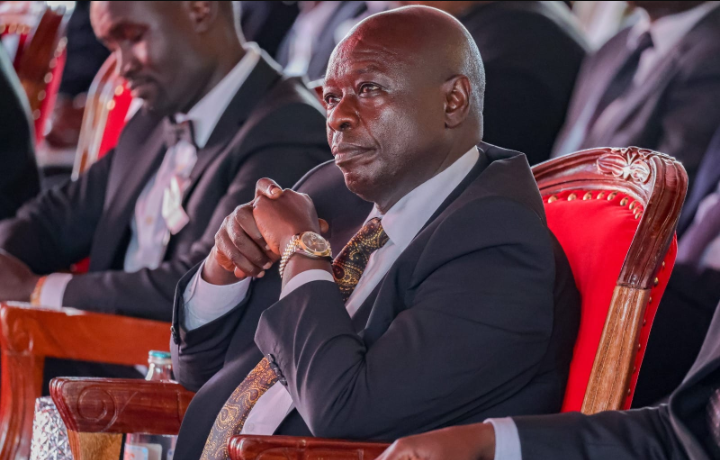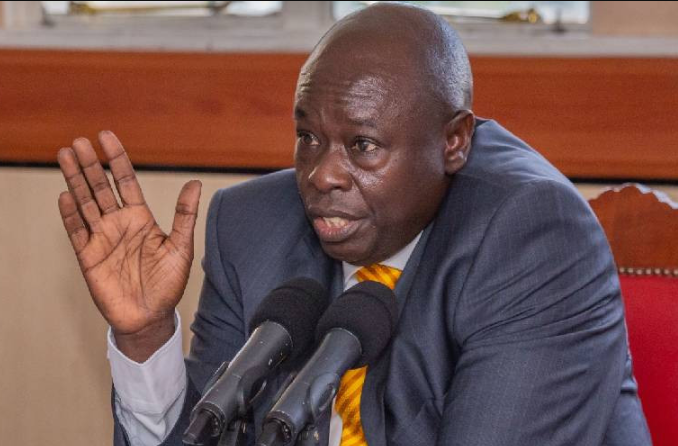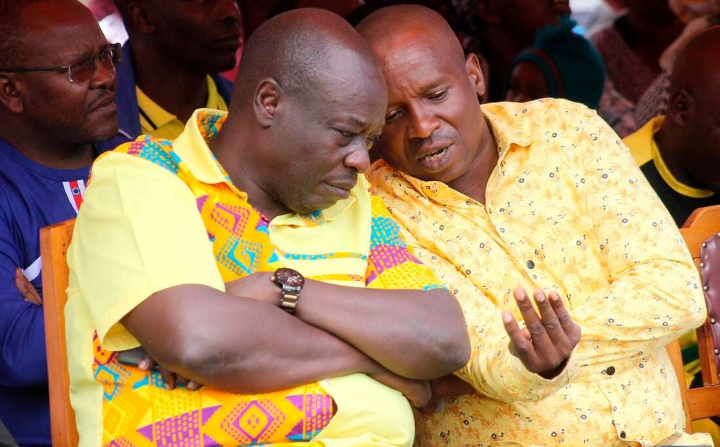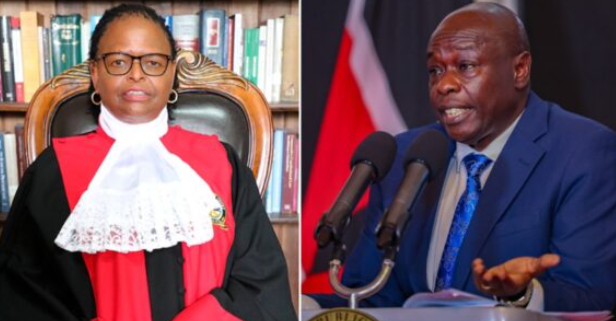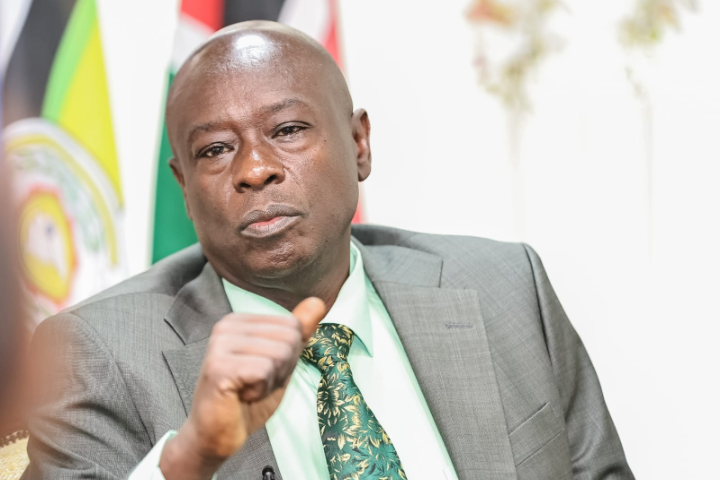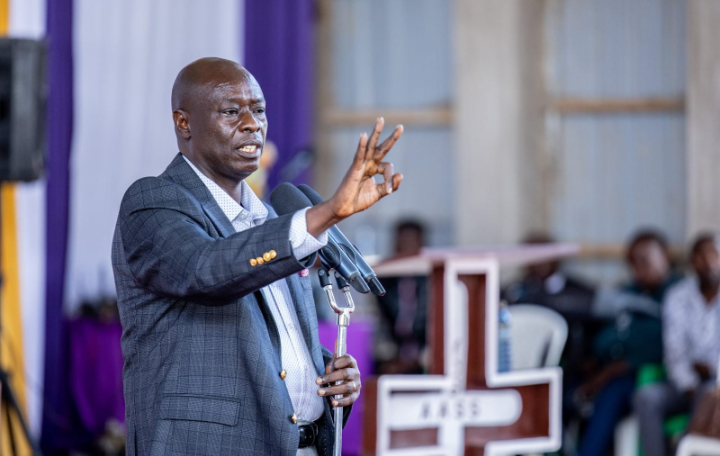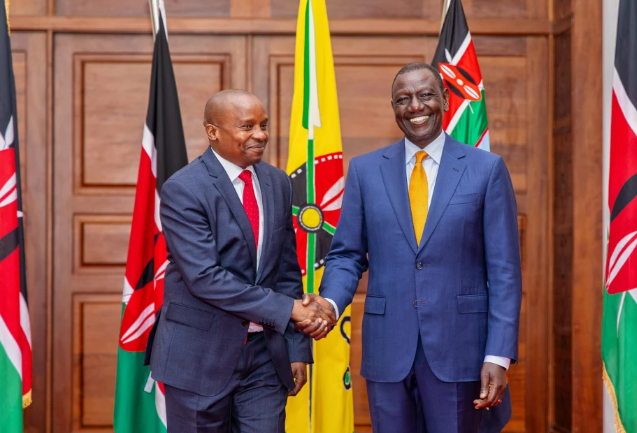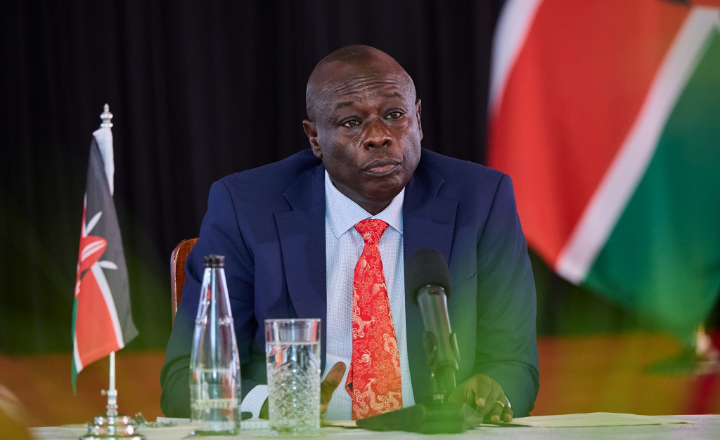A three-judge bench has ruled against halting the impeachment trial of Deputy President Rigathi Gachagua, allowing the Senate proceedings to move forward. This decision follows petitions from Gachagua and other parties seeking to challenge the impeachment process.
Deputy President Rigathi Gachagua will now face impeachment trial in Senate after the three-judge bench appointed by Chief Justice Martha Koome declined to halt the proceedings. Justices Eric Ogola, Anthony Mrima, and Freda Mugambi who presided over the case, ruled that the petition challenging the impeachment was premature. Their decision reaffirmed a previous High Court ruling, which allowed the Senate to proceed.
ALSO READ: How Gachagua Grabbed Denis Itumbi by The Collar During a Meeting
On Monday, October 14, Chief Justice Koome set up the special bench to listen to multiple cases challenging the legality of Gachagua’s impeachment. Despite 26 court cases being filed to block the process, the judges emphasized that the court should not intervene prematurely in the parliamentary process.
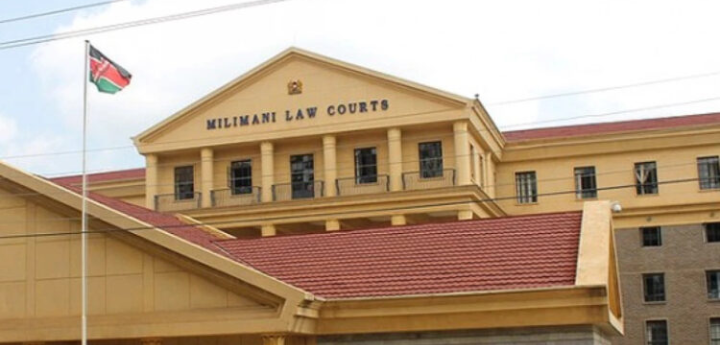
The ongoing impeachment trial in the Senate will proceed despite attempts by Gachagua’s legal team to stop it. Gachagua’s lawyers Senior Counsel Paul Muite and Tom Macharia argued that the National Assembly’s impeachment process lacked proper public participation, rendering it unconstitutional. According to them, the public was not adequately involved in the process, with consultations limited to just one day at county headquarters.
However, Justice Chacha Mwita ruled that the impeachment process must continue. He stated that the Constitution grants Parliament the mandate to handle impeachment proceedings, and the courts must exercise restraint in interfering. Mwita’s ruling on Tuesday, October 15, dismissed the petitioners’ request for conservatory orders to halt the Senate trial.
Legal Arguments Fail to Stop Senate Impeachment
Gachagua’s legal team based their case on claims that the impeachment motion violated constitutional provisions. They argued that the motion was hurriedly passed in the National Assembly and sent to the Senate without following proper procedures. They also raised concerns that only a small portion of the public, roughly 200,000 voters, had the opportunity to participate in the process. Despite these arguments, the court did not grant an injunction, clearing the way for the Senate to proceed.

The three-judge bench rejected the request to stop the trial, forcing Gachagua to defend himself in the Senate this Thursday. The impeachment trial is expected to last two days, with the possibility of an extension for more in-depth examination of the evidence and witnesses.
Senate Speaker Amason Kingi has repeatedly stated that the Senate will not be subjected to court injunctions. He emphasized that the separation of powers between the judiciary and parliament must be respected. During a prior ruling on a different impeachment case, Kingi stressed that Parliament cannot be prevented from fulfilling its constitutional duties by any court order.
Kingi’s stance aligns with previous rulings by former Speaker Kenneth Marende and Deputy Speaker Kithure Kindiki, who supported the idea that Parliament operates independently when handling impeachment proceedings.
Gachagua Trial, What’s Next?
The Senate will now begin its trial, where Deputy President Rigathi Gachagua must present his defense. To uphold the impeachment, a two-thirds majority, or 45 senators, is required. If the Senate votes in favor, this will be the first time a sitting Deputy President in Kenya is removed from office through impeachment.
This case is being closely watched, as it could set a historic precedent in Kenya’s political landscape. For now, Gachagua’s legal options appear limited.

